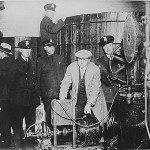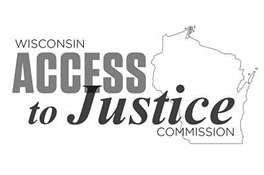Federal Criminal Cases, 1928-1930: Surprisingly Similar to Today, But Also Very Different
 In anticipation of the conference here next month on the Wickersham Commission, I’ve been reviewing the thirteen voluminous reports the Commission issued in 1931 on various aspects of the criminal-justice system. One that holds some interesting surprises is the “Progress Report on the Study of the Federal Courts.” The heart of this report is a fascinating, detailed statistical analysis of the criminal cases in the District of Connecticut for fiscal years 1928-1930.
In anticipation of the conference here next month on the Wickersham Commission, I’ve been reviewing the thirteen voluminous reports the Commission issued in 1931 on various aspects of the criminal-justice system. One that holds some interesting surprises is the “Progress Report on the Study of the Federal Courts.” The heart of this report is a fascinating, detailed statistical analysis of the criminal cases in the District of Connecticut for fiscal years 1928-1930.
One thing that strikes me as remarkable is the almost complete absence of trials — the system was dominated then, as now, by guilty pleas. Old-timers today will sometimes tell you about a golden age of trials in the federal system in the 1970′s. In that decade, guilty plea rates hovered between 77% and 82%. After 1981, the rate climbed steadily, reaching more than 96% of adjudicated cases in 2009. But this, apparently, is not a new phenomenon. Among 740 criminal cases filed in the District of Connecticut between 1928 and 1931, only nine went to trial. That’s right, only nine trials in three years, or 1.5 criminal trials per judge per year. (Eight of these trials, by the way, took less than one full day to try.) The guilty plea rate in adjudicated cases was over 98%.
After doing some digging for national data, I discovered that the guilty plea rate rose steadily between 1916 and 1933, reaching a peak of 91%. (See Ron Wright’s helpful data compilation here.) So, Connecticut seems not to have been terribly atypical.
The Connecticut data are, in fact, quite reminiscent of a modern“fast-track” plea-bargaining system.


